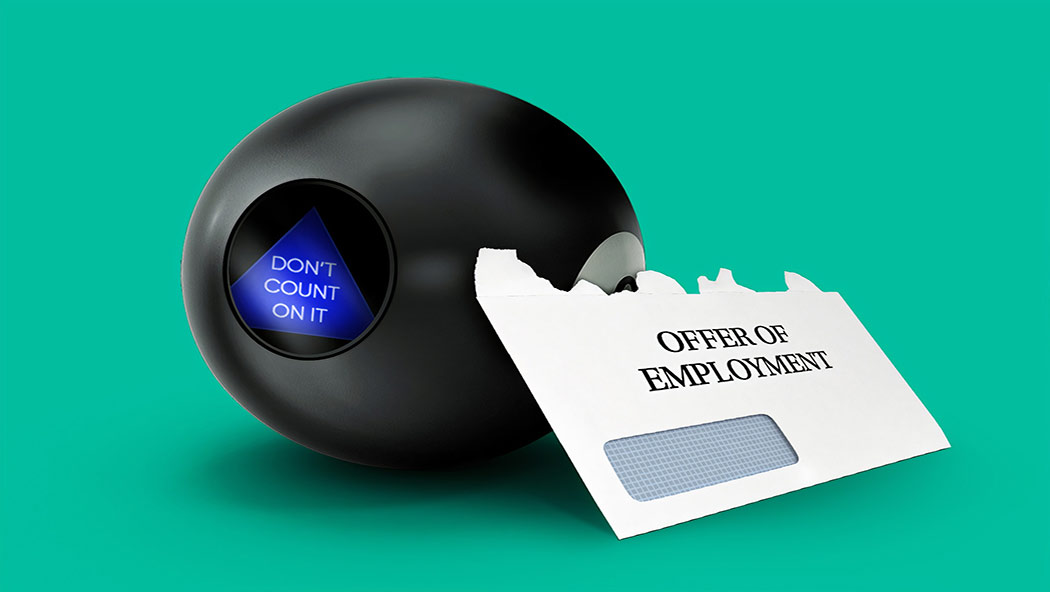I spent about four months after my Masters’ degree applying for jobs and never got a call back. The day I changed a few things about my resume and cover letter, I noticed a big change. I handed over my resume to two different people who gave me important tips, some of which I still use till date. The summary of this is, I discovered that with an accurately presented resume and cover letter, I got to hear more from recruiters. I have also been privileged to recruit people over the past few years and below are a few tips I have picked up over the years when it comes to job application:
1. Summary or objective statement: In a short sentence, explain who you are, what you do well, and the skills and experience you plan to bring to the table that will make them want you as a part of the team.
2. List your educational degrees, certifications and licenses.
3. Include your recent work experiences and relevant hard and soft skills. For work experience, briefly describe your job description, including all key roles and responsibilities. For the skills section: hard skills are technical skills while soft skills are more associated with personality traits. List the skills that can help you succeed in the role you are applying for. Other things to add or consider are:
- Key accomplishments: This is a subdivision of your professional experience section. In this section, you want to highlight examples of key projects, accomplishments and situations you have received recognition for.
- Additional experience: In this section, list volunteer work, internships, freelancing gigs, basically anything relevant. The keyword here is relevant experience because you do not want to risk overwhelming the recruiter with irrelevant experiences.
- Go easy on the short-term jobs so you do not look like a job hopper. Having seven different short-term jobs on your resumes is a red-flag. Learn to segregate and label contract, internship and temporary positions as such.
4. Learn from others. If you have friends that have applied for similar roles, review their resume and cover letter for inspiration. You can also pay professionals to help review and refine your resume if necessary.
5. Learn to be concise. You do not need to explain in too much details what you have done. Save the details for the interview.
6. Tailor your resume. Learn to tailor your resume specifically to the job you are applying for. Avoid using the same resume for two completely different roles.
7. Review. Always proof-read your resume before sending it and update it as necessary. You cannot apply for a job with a resume that you last used 3 years ago.
All the best. 






Remi
December 25, 2020 11:22 amVery apt.thanks
Vicky
November 1, 2020 5:31 pmReally informative! Thank you!
bimbsons
November 7, 2020 10:36 pmYou are very welcome
Joy C.
November 1, 2020 4:59 amVery helpful tips! I particularly agree with the importance of including relevant information and tailoring your resume to the job.
bimbsons
November 7, 2020 11:10 pmThank you so much.
SeunJey
November 1, 2020 2:45 amThanks for this Bimbson. 😘